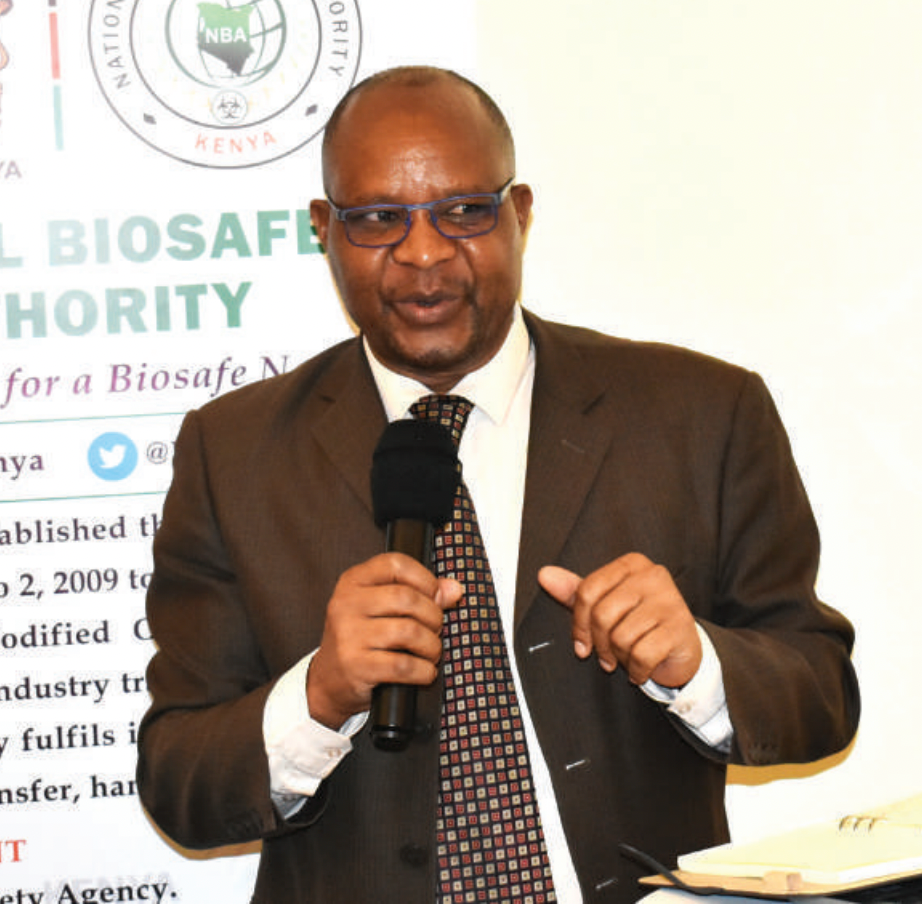Biosafety (Environmental Release) Regulations, 2011 ensure that potential adverse effects of genetically modified organism are addressed to protect human health and the environment before commercialising any GMOs. Biosafety (Import, Export and Transit) Regulations, 2011 ensure safe movement of genetically modified organisms into and out of Kenya while protecting human health and the environment. Biosafety (Labeling) Regulations, 2011 ensure accurate consumer information regarding GM food, feed or products and traceability for implementation of risk management measures where necessary.
There are certain groups concerned with the growing influence of biotechnology, what’s your take on that?
As stated earlier, biotechnology is only one tool that is utilised to improve crops or animals among others. The role of NBA is to ensure that those who choose to use modern biotechnology do it in a responsible manner that guarantees safety of humans, animals and the environment.
At NBA, we recognise the possibilities of modern biotechnology in ensuring food security, fighting poverty and improving livelihoods. We also recognise the concerns of the public regarding the safety of GMOs. As an institution we are committed to ensuring that any application of modern biotechnology in Kenya is done in a safe and responsible manner.
We can assure the public that any GMOs approved by NBA will have undergone thorough scrutiny to ascertain that they are safe for human or animal consumption.
The biosafety laws also provide for a robust monitoring and evaluation framework for all commercialised GMOs which are monitored for 20 years for any unanticipated effects.
It’s important to note that there are other emerging biotechnologies such as gene editing that have come up in recent years and some of the research projects in Kenya are already utilizing these technologies though at early stages of development. NBA will ensure that as new technologies evolve, so do the regulations to ensure safety of humans, animals and environment.
Do you think biotechnology will help solve the problem of food security in the country or something else needs to be done?
Low crop productivity is considered one of the main reasons for poverty and food insecurity in the world. Biotechnology has contributed to an increase in food production using different approaches such as introducing high-yielding varieties resistant to biotic and abiotic stresses, reducing pest-associated losses, and improving nutritional values of foods.
Biotechnology should therefore be considered among the key tools we need to meet the rising demand for food for our fast growing population as a country.
The Kenya Vision 2030 and Medium Term Plans (MTP) recognise the potential benefits of biotechnology while also cognizant of potential risks, hence the establishment of NBA as a competent body on these matters.


